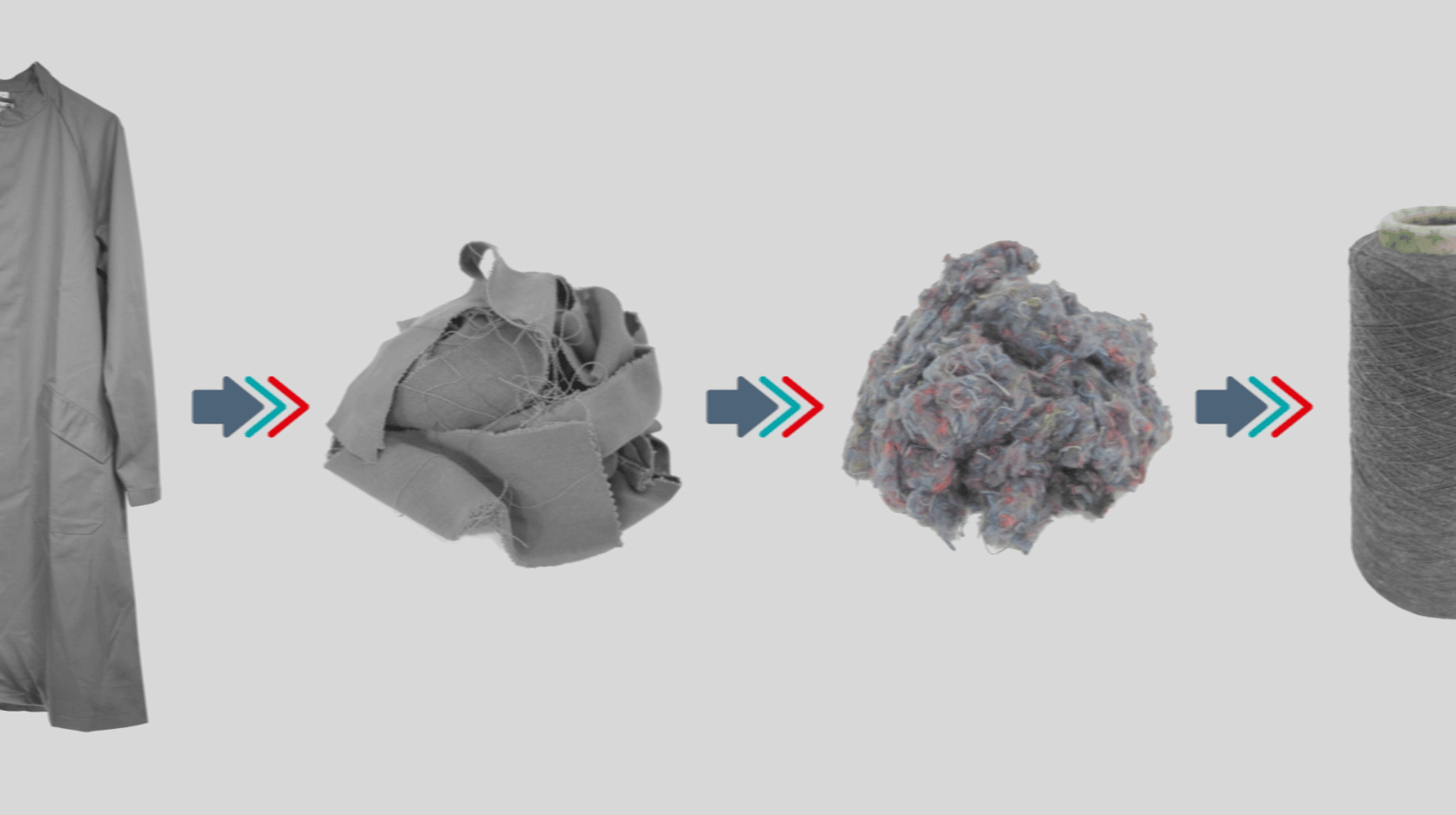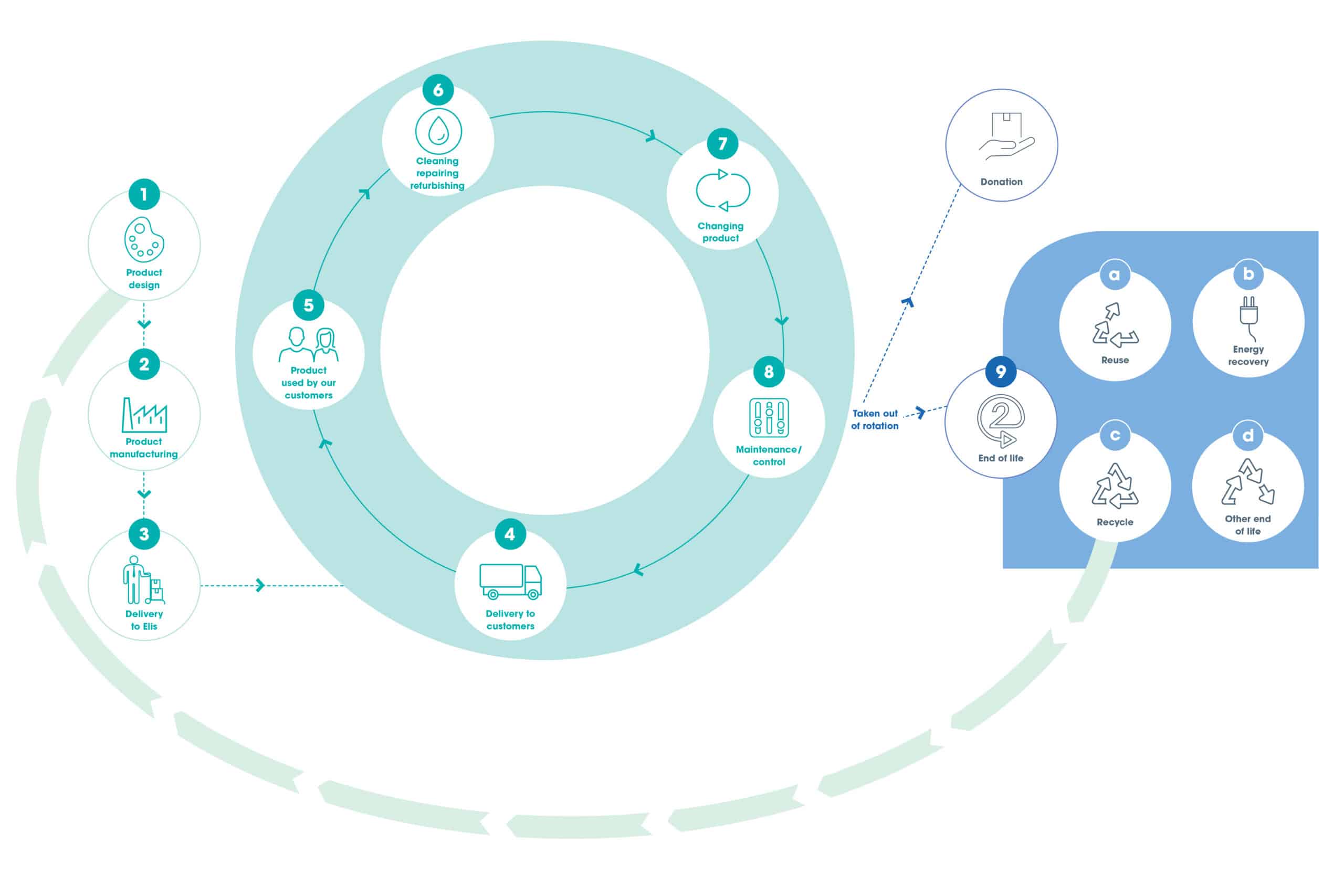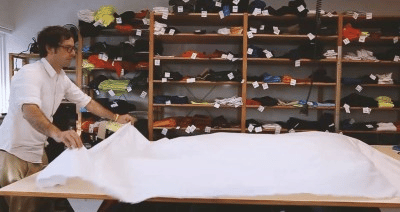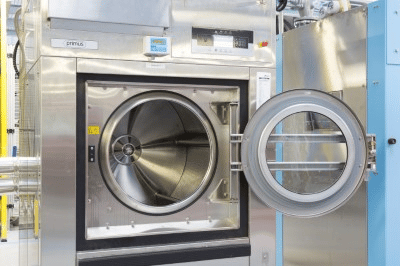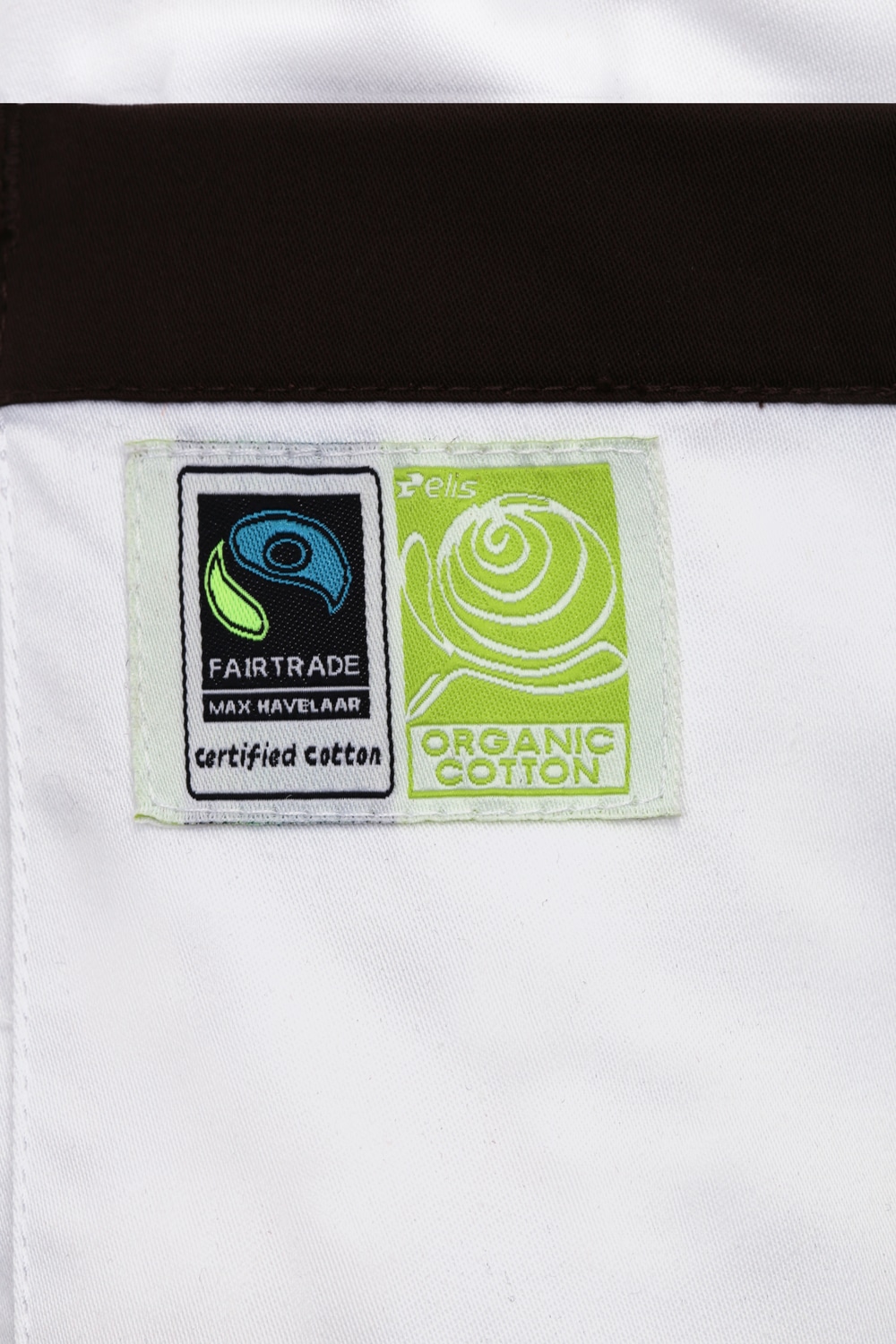95% of procurement spends from direct suppliers to have undergone a CSR assessment within the previous three years
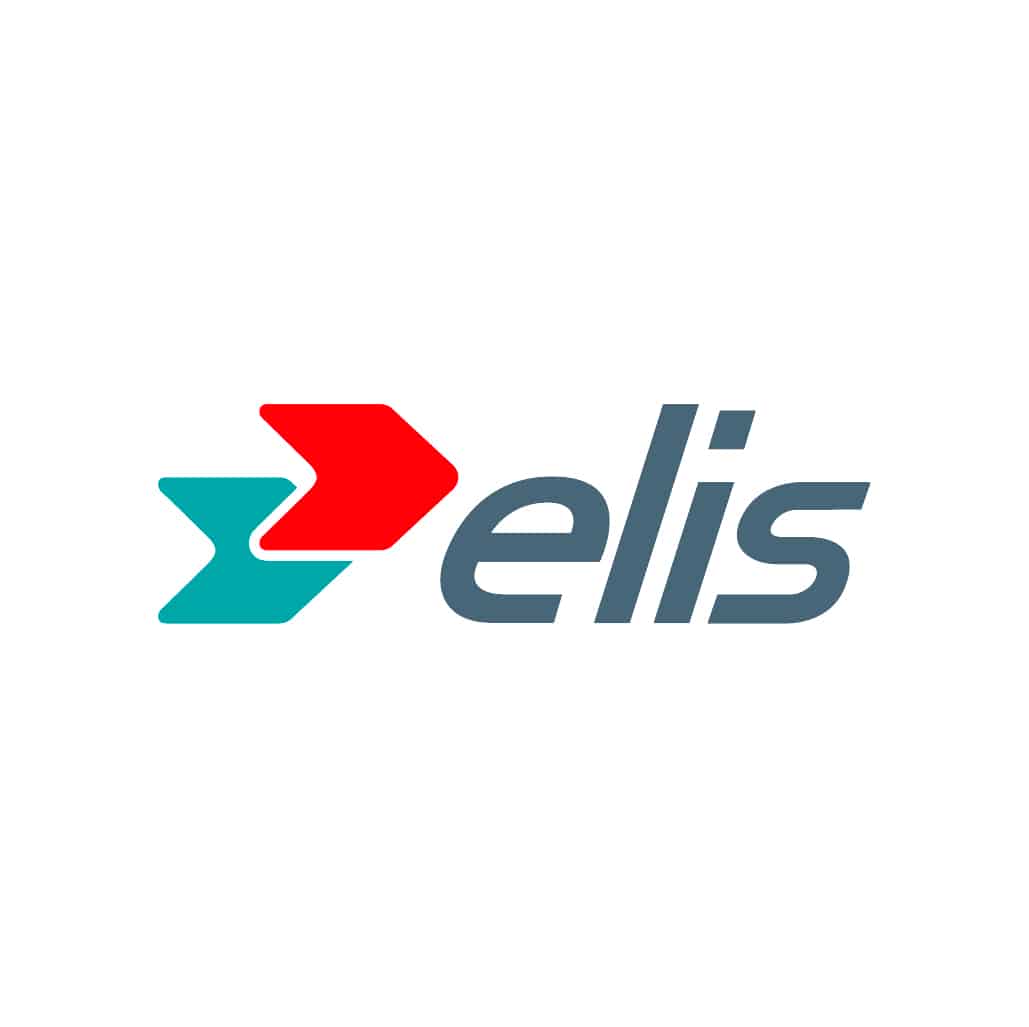
Terms of the action or commitment
The sustainable sourcing of resources at Elis is based on two main components:
– On one hand, the sourcing of responsible materials and products (see commitment 6: “Offer at least one collection using responsible materials in each product family”).
– On the other hand, ensure responsible practices along the value chain.
On the second point, the Group has set itself the objective of having 95% of procurement spends from direct suppliers having undergone a CSR assessment over the last three years by 2025. In 2021, 93% of suppliers linked to direct purchases had undergone a CSR assessment over the past three years. These CSR assessments cover the risks associated with the supplier’s country of production, its commitment to CSR and the types of services provided to the Group. In particular, they take into account ethical, environmental, health and safety requirements, as well as the existence of whistleblowing procedures. Company certifications (SA 8000, ISO 14001, ISO 5001, etc.) are also considered.
Elis’ requirements for its suppliers are defined in a Supplier Code of Conduct, also known as a responsible and ethical purchasing charter. This document is based on the United Nations Global Compact, the fundamental conventions of the ILO, the United Kingdom Anti-Bribery and Corruption Act (UKBA) for the United Kingdom and the Sapin 2 law for France, and deals with human rights, working conditions, environmental protection, and applicable anti-corruption regulations. This Supplier Code of Conduct applies to all suppliers (direct, indirect, or industrial), whether they are new or existing partners.
– On one hand, the sourcing of responsible materials and products (see commitment 6: “Offer at least one collection using responsible materials in each product family”).
– On the other hand, ensure responsible practices along the value chain.
On the second point, the Group has set itself the objective of having 95% of procurement spends from direct suppliers having undergone a CSR assessment over the last three years by 2025. In 2021, 93% of suppliers linked to direct purchases had undergone a CSR assessment over the past three years. These CSR assessments cover the risks associated with the supplier’s country of production, its commitment to CSR and the types of services provided to the Group. In particular, they take into account ethical, environmental, health and safety requirements, as well as the existence of whistleblowing procedures. Company certifications (SA 8000, ISO 14001, ISO 5001, etc.) are also considered.
Elis’ requirements for its suppliers are defined in a Supplier Code of Conduct, also known as a responsible and ethical purchasing charter. This document is based on the United Nations Global Compact, the fundamental conventions of the ILO, the United Kingdom Anti-Bribery and Corruption Act (UKBA) for the United Kingdom and the Sapin 2 law for France, and deals with human rights, working conditions, environmental protection, and applicable anti-corruption regulations. This Supplier Code of Conduct applies to all suppliers (direct, indirect, or industrial), whether they are new or existing partners.
Levers mobilized for circular economy (according to Ademe)
Implementation timeline
Starting year
2020
Ending year
2025
